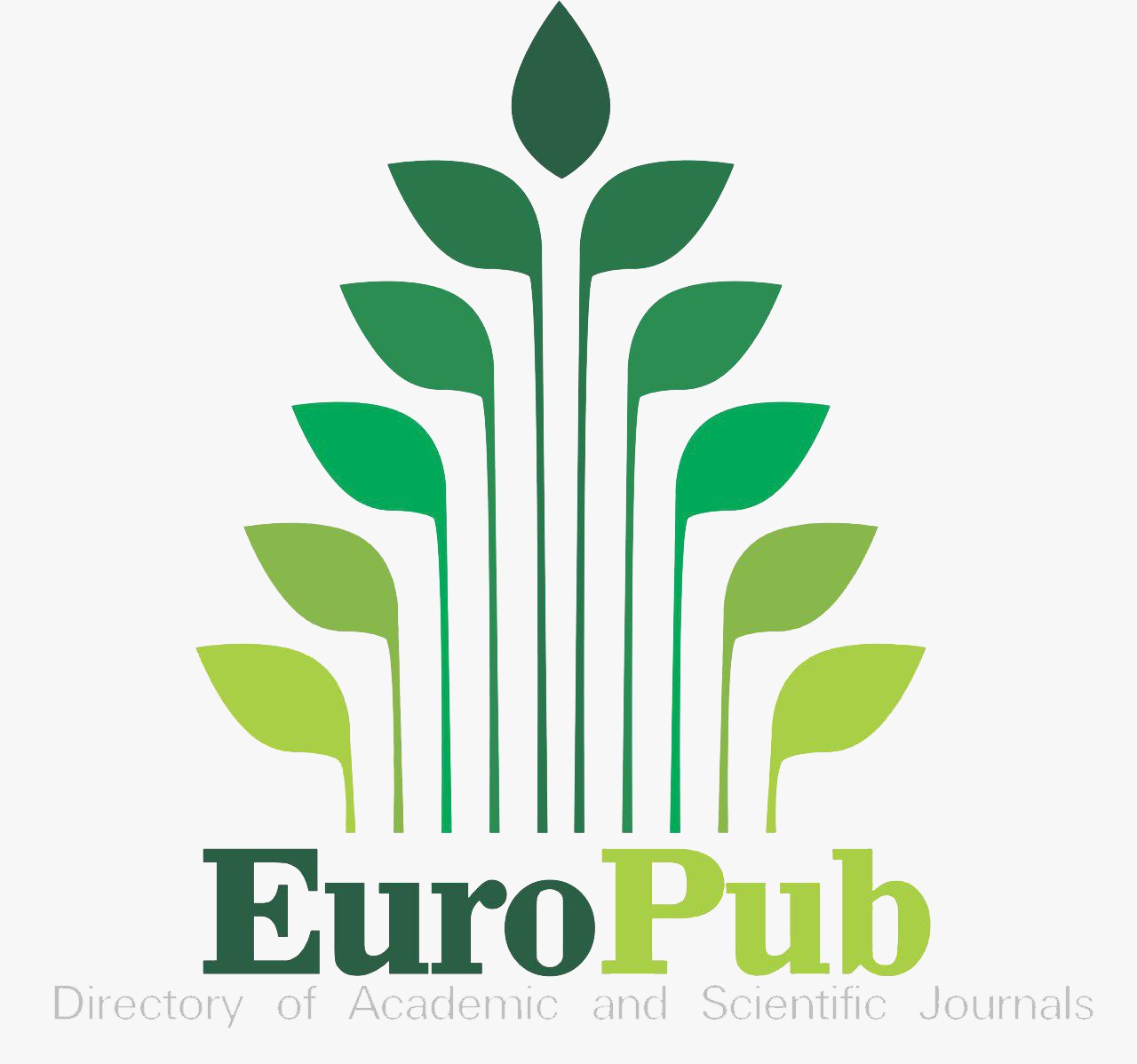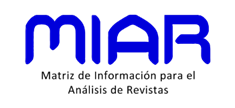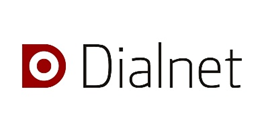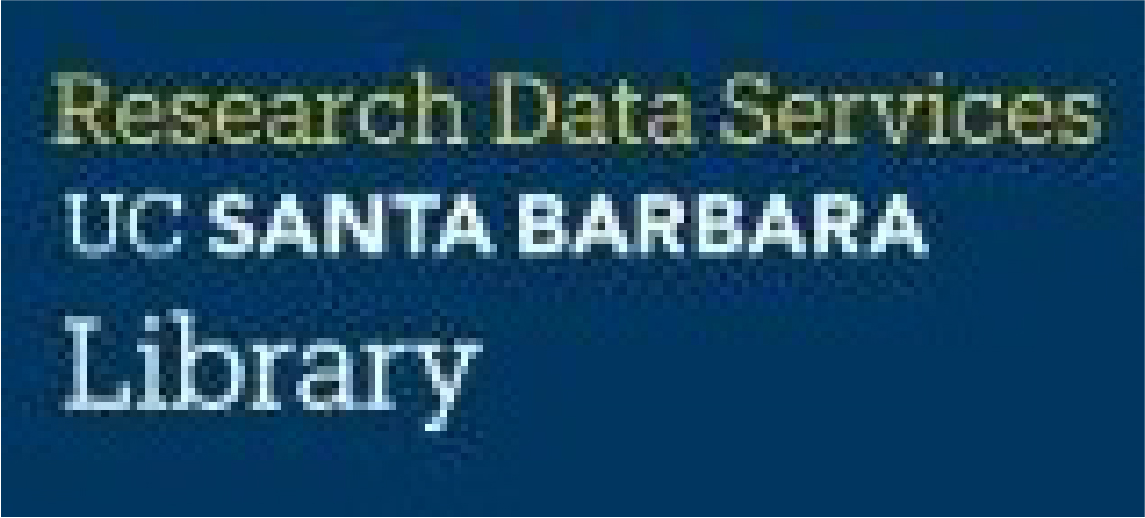ETHICS IN THE USE OF ARTIFICIAL INTELLIGENCE IN BASIC EDUCATION FROM MORIN'S PERSPECTIVE OF COMPLEXITY
DOI:
https://doi.org/10.56219/dialctica.v1i26.4402Keywords:
ethics, use of artificial intelligence, basic education, complexityAbstract
The use of artificial intelligence (AI) is booming around the world, but especially in the field of education. However, some situations, such as the current global political situation, the inequality of economic resources among nations, and the precariousness of some educational systems, present significant common challenges that could hinder the guarantee of equitable and democratic access to this type of technology and its advancements for schoolchildren. Furthermore, the current situation often lacks thoughtful guidance regarding its use in education. Therefore, the ethics of AI constitutes a vitally important focus of interest for the socio-educational arena, from which it might be possible to discuss some possibilities in terms of guiding principles for the academic success of the school population. Therefore, this scientific essay addresses ethics in the use of AI, especially in basic education, from the postulates of complex thinking, where references such as criticality, interculturality, non-violence, equity, justice, equality, freedom and responsibility converge, from all of which it is possible to conclude the need for ethical frameworks to regulate artificial intelligence in basic education, promoting critical thinking and intellectual authorship, but at the same time, it is proposed to train students and teachers in the critical interpretation of content generated by artificial intelligence, while updating regulations so that this technology enhances human capabilities instead of replacing them.
Downloads
References
Bedoya, Carlos. (2022). Ética y educación digital: Reflexiones frente al uso de tecnologías emergentes en la escuela. Revista Latinoamericana de Tecnología Educativa, 21(1), 45–60. https://doi.org/10.5565/rev/relatec.2022.21.1
Cabero, Julio y Llorente, María (2020). Tecnologías emergentes en educación: El reto de su integración en el sistema educativo. RIED. Revista Iberoamericana de Educación a Distancia, 23(1), 217–233. https://doi.org/10.5944/ried.23.1.24271
Coll, Cesar y Monereo, Carles (Eds.). (2008). Psicología de la educación virtual: Aprender y enseñar con las tecnologías de la información y la comunicación. Morata. Recuperado de academia.edu+4academia.edu+4researchgate.net+4revistas.uniminuto.edu+9scribd.com+9academia.edu+9.
Departamento Nacional de Planeación. (2025, 14 de febrero). CONPES 4144: Política Nacional de Inteligencia Artificial [Documento CONPES]. Gobierno de Colombia. https://colaboracion.dnp.gov.co/CDT/Conpes/Econ%C3%B3micos/4144.pdf
Dao, Khanh, Nguyen, Lan, y Huynh, Thanh (2023). Inteligencia artificial y consideraciones éticas en la educación K-12. Revista de Tecnologías Educativas Emergentes, 18(2), 45–62. https://doi.org/10.1016/jeet.2023.01802
Flecha, Ramón (2015). Aprendizaje dialógico en la sociedad de la información. Editorial Hipatia. Recuperado de https://cralozoyuela.es/wp-content/uploads/pdfsidebar/APRENDIZAJE%20DIAL%C3%93GICO%20EN%20LA%20SOCIEDAD%20DE%20LA%20INFORMACI%C3%93N.pdf
García, Pedro (2024). La antropología y el paradigma de complejidad de Edgar Morin. Revista Ensayos de Filosofía, 19(1). https://www.ensayos-filosofia.es/archivos/articulo/la-antropologia-y-el-paradigma-de-complejidad-de-edgar-morin
Gibert, Jordi, Parra, Marta, y Liesa, María (2023). Inteligencia Artificial y Educación: Retos y Oportunidades para el Docente. Revista Internacional de Tecnología Educativa en la Educación Superior, 20(1), 1–14. https://doi.org/10.1186/s41239-023-00385-7 DOI: https://doi.org/10.1186/s41239-023-00385-7
Gibert, Karina, Izquierdo, Rafael, y Martínez, Gabriel (2023). Los desafíos éticos de la IA en la educación: una perspectiva pedagógica. Revista IA y Sociedad, 38(1), 15–27. https://doi.org/10.1007/s00146-022-01352-6
Holmes, Wayne, Bialik, Maya, y Fadel, Charles (2019). Inteligencia artificial en la educación: Promesas e implicaciones para la enseñanza y el aprendizaje. Centro para el Rediseño Curricular. https://curriculumredesign.org/wp-content/uploads/AIED-Book-Excerpt-CCR.pdf
Miao, Fengchun, Holmes, Wayne, Huang, Ronghuai y Zhang, Haifeng (2021). IA y educación: Una guía para los responsables de políticas. Editorial Unesco. https://unesdoc.unesco.org/ark:/48223/pf0000379376
Ministerio de Educación Nacional de Colombia. (2013). Orientaciones para la implementación de las tecnologías en la educación básica y media (MEN). Recuperado de https://www.mineducacion.gov.co/1780/articles-411706_recurso_4.pdf
Morin, Edgar (1999). Los siete saberes necesarios para la educación del futuro. UNESCO. https://unesdoc.unesco.org/ark:/48223/pf0000121152
Panduro, Jorge, Alanya, Julio, Soto, Carlos, y Ruiz José (2021). Evaluación de estudiantes en la era digital: Revisión sistemática en América Latina. Espirales revistas multidisciplinaria de investigación científica, 5(1), 36-47. https://www.redalyc.org/journal/5732/573270924004/html/
Peña, Marisol, Rodríguez, Sandra, y Rojas, Daniel (2024). Inteligencia Artificial en la escuela: entre la oportunidad y la amenaza. Educación y Sociedad Digital, 9(1), 35–59. Recuperado de https://www.dianova.org/es/noticias/ia-y-educacion-oportunidad-o-amenaza/
Rodríguez, Lina (2025). La ética digital en la formación docente: Una mirada crítica desde la educación básica. Revista Iberoamericana de Tecnología Educativa, 14(1), 20–37. Recuperado de https://teyet-revista.info.unlp.edu.ar/
Salinas, Jesús (2012). Innovación educativa y uso de las TIC. Revista de Universidad y Sociedad del Conocimiento, 9(1), 2–10. https://doi.org/10.7238/rusc.v9i1.1210
Sayad, Abdelmalek (2024). Inteligencia artificial y pensamiento crítico. Camino para la educación. Corporación Universitaria Minuto de Dios-UNIMINUTO. https://repository.uniminuto.edu/items/432de128-3270-43bd-98e8-8971ef827763
Toala, Verónica, Martínez, Javier, y Cabrera, Andrea (2023). Aprendizaje, tecnología y subjetividad en la escuela digital. Revista de Estudios Interdisciplinarios en Educación, 11(3), 60–78. Recuperado de https://www.iisue.unam.mx/publicaciones/descargas/curriculum-subjetividades-y-nuevas-tecnologias.pdf
UNESCO. (2021). Recomendación sobre la ética de la inteligencia artificial. https://unesdoc.unesco.org/ark:/48223/pf0000381137
Vivar, Mónica, y Peñalvo, Gonzalo (2023). Ética y responsabilidad en la implementación de tecnologías inteligentes en educación. Revista Educación en la Sociedad del Conocimiento, 24, e329. https://doi.org/10.14201/eks.329
Downloads
Published
How to Cite
Issue
Section
License

This work is licensed under a Creative Commons Attribution-NonCommercial-ShareAlike 4.0 International License.
La revista Dialéctica conserva los derechos patrimoniales (copyright) de las obras publicadas, que favorece y permite la reutilización de los mismos bajo la licencia Creative Commons Atribución-NoComercial-CompartirIgual 4.0 , por lo cual se pueden copiar, usar, difundir, transmitir y exponer públicamente, siempre que se cite la autoría y fuente original de su publicación (revista, editorial, URL y DOI de la obra), no se usen para fines comerciales u onerosos y se mencione la existencia y especificaciones de esta licencia de uso. Si remezcla, transforma o crea a partir del material, debe distribuir su contribución bajo la misma licencia del original.















